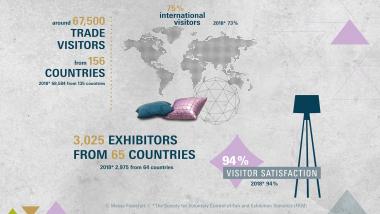Origin Materials and PrimaLoft develop Carbon-Negative Insulating Fiber
- PrimaLoft and Origin Materials have launched a program to develop high-performance, carbon-negative insulating fibers for diverse apparel applications, including for leading outdoor, fashion, and lifestyle brands, as well as home goods applications such as hypoallergenic insulated bedding.
- PrimaLoft, an advanced material technology company and a world leader in the development of high-performance insulations and fabrics, will develop the fibers with Origin Materials to address demand for sustainable, high-performance materials from its over 900 global brand partners. PrimaLoft iconic brand partners include Patagonia, Stone Island, L.L. Bean, Lululemon, adidas and Nike.
- The program will focus on carbon-negative PET and next-generation polymers produced by the Origin Materials patented technology platform, which turns sustainable wood residue into cost-advantaged, carbon-negative materials that reduce the need for fossil resources.
Origin Materials, Inc. (“Origin Materials”), a leading carbon negative materials company, and PrimaLoft, an advanced material technology company and a leader in the development of high-performance insulations and fabrics, announced a new program to develop carbon-negative, insulating, high-performance fibers. The fibers will be used across a diverse array of end products, including insulating fiber for leading outdoor, fashion, and lifestyle brands, as well as home goods applications such as hypoallergenic insulated bedding.
The companies will work to rapidly develop and commercialize new products derived from Origin Materials’ platform. The collaboration will leverage the leadership position of PrimaLoft as a specialty producer of insulating fibers and filaments with over 900 global brand partners, as well as a large global network of manufacturers that employ a wide array of textile processes to make its products, including extrusion, carding, spinning, finishing, weaving, knitting, dyeing, airlaid, meltblown, and other technologies.
The collaboration builds on PrimaLoft’s “Relentlessly Responsible™” mission to elevate both performance and sustainability, through innovation. The platform includes PrimaLoft® Bio™, which was developed and launched into the market in late 2018 as an effort to battle microplastics in the ocean; PrimaLoft® P.U.R.E.™, which provides materials manufactured with greater than 50% CO2 savings; and PrimaLoft’s post-consumer recycling initiative. The next frontier for the company is non-petroleum based raw materials, including products that biodegrade and other circular economy solutions.
crystal communications












